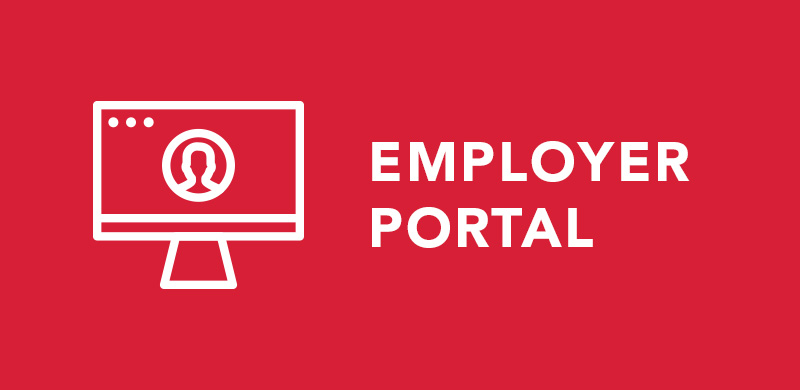
Published September 2022
Did you know that more than one in 10 parents in the U.S. spend approximately three hours a day caring for both children and adults? These “sandwich caregivers,” as they’re commonly referred to, are adults who are raising children while also supporting their aging parents.
Caregiving at this level comes with emotional, financial and physical challenges – but as many are recognizing, it is becoming the new normal for many households. With societal changes like the increasing number of multigenerational households and those in caregiving roles, the definition of family continues to evolve. And as families evolve, it becomes even more important as an employer to know how to better serve employees by understanding what benefits will be most helpful for them and their families.
Here are some tips to meet these sandwich caregiver needs through your workplace benefits.
Learn more >> Find Behavioral Health Topics and Resources
Understand how they are feeling
Your employees who are also sandwich caregivers can experience a range of complex emotions. There can be feelings of stress and anxiety around mounting responsibilities, financial and other, and decision making for multiple family members. In addition, caring for an aging parent can come with overwhelming feelings of sadness and grief. With limited time to care for themselves, it can often be difficult for sandwich caregivers to even think to take care of their own emotional well-being.
Connect them to supportive resources
Flexible Mental Health Support
Remind your employees of the flexible ways your mental health benefits can fit into their busy schedule. They can choose teletherapy, which helps to cut down on travel time by allowing them to receive therapy from the comfort of their home. There’s also caregiver support group options, as well as powerful online tools that can connect your employees with dedicated therapists through text and self-guided clinical techniques.
Financial Planning & Education
Not only do 52% of sandwich caregivers lose income because they have to miss work to care for a parent or child, they also face caregiving expenses that can add up quickly. Adult day care can cost upwards of $20k per year and nursing services around $55k. Meanwhile, 72% of parents spend more than 10% of their annual income on child care.
Benefits like student loan repayment or debt forgiveness, financial education around 401(k) plans and retirement planning can help caregivers feel more in control of their budget and offer ways to save for health care costs now and in the future. You can also share with employees the benefits of HSAs to help lower the out-of-pocket medical expenses.
Flexible Work Arrangements & PTO
Forty-nine percent of sandwich caregivers report that they’ve gone into work late, left early or taken time off to manage care responsibilities. Flexible schedules and strong PTO policies allow employees to prioritize their family needs. They also show your workforce that they are backed by a supportive culture, which can help them better manage and stay engaged with their careers.
Offer Access to Personalized Support Services
According to a survey conducted by the Rosalynn Carter Institute for Caregivers, 70% of caregivers had to call out from work for one day to manage the care of a parent or child. And, over 53 million Americans are fulfilling the mentally and physically taxing role of providing unpaid care for a family member or friend.
Wellthy is an online concierge service that provides personalized support to help caregivers manage the logistics of caring for their loved ones – even if the individual is not on the caregiver’s health plan, as is the case for many parents. A Wellthy care coordinator will consider all variables of care beyond just medical needs. And they aren’t just resource providers. They’ll make calls, schedule appointments, fill out paperwork, and complete the tasks that need to get done. Harvard Pilgrim Health Care offers this program as part of its plan coverage to some eligible accounts and members.
No matter where your employees are with juggling the demands of caring for children and aging parents, offering support is the way to keep them engaged, focused—and healthy.
To confirm eligibility for any programs or services mentioned in this article as it relates to your specific health plan, please reach out to your account executive or HR benefits team. You may also speak to our member services team at (888)-333-4742 or by sending a secure email. And for plan details and other member resources, log in to the member portal.


